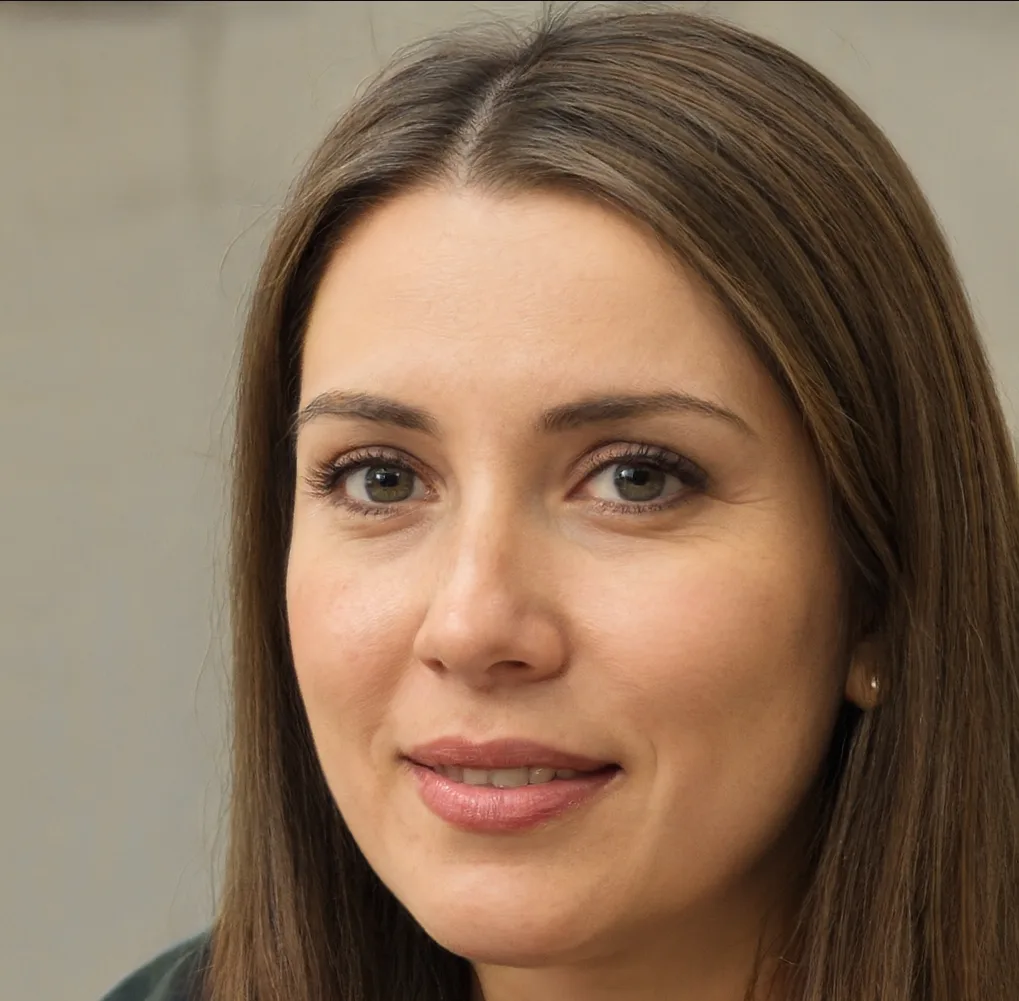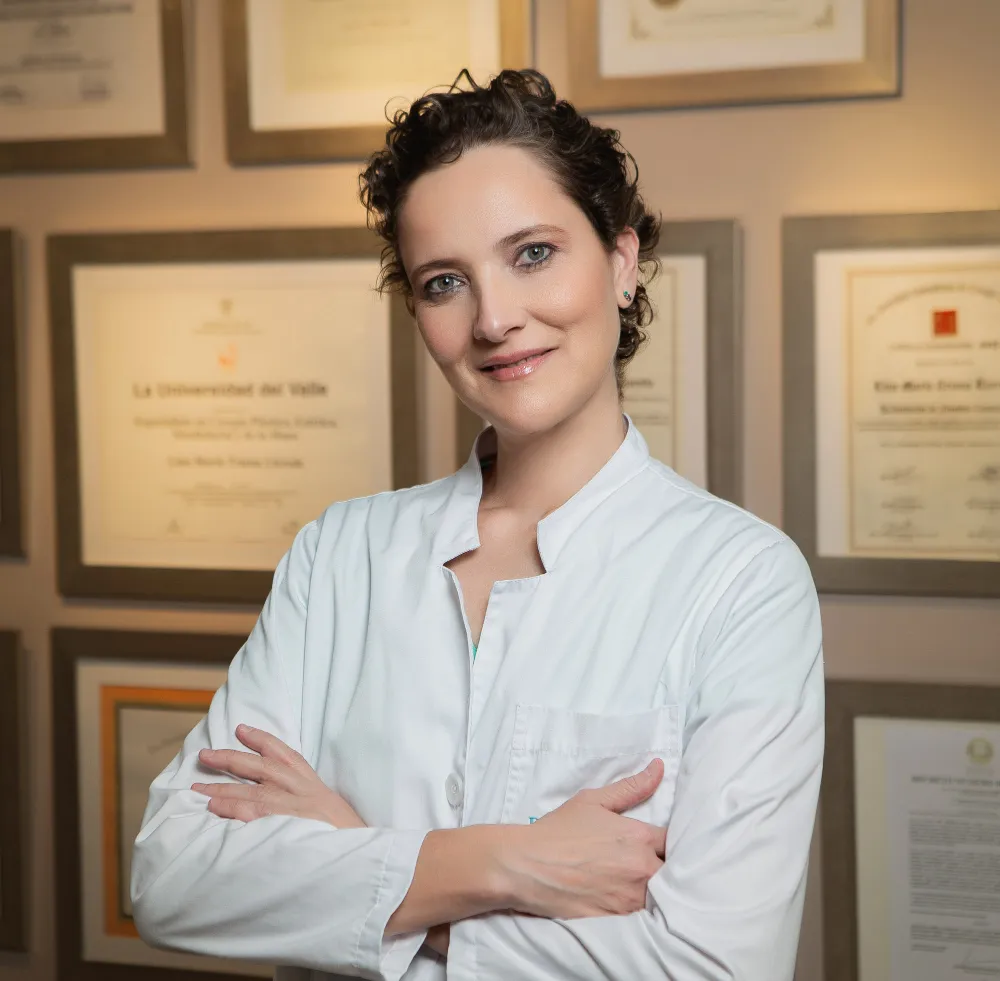Eyebrows transplant | Dr. Lina Triana
Your eyebrows frame your eyes. Restore fullness and definition with an eyebrow transplant for a natural, expressive look.
An eyebrow transplant is a minimally invasive procedure in which individual hair follicles are transplanted from the scalp (usually the back) to the eyebrow area to improve density, shape, and appearance. It is ideal for individuals with sparse or thin eyebrows due to medical conditions, genetics, injury, or over-plucking, who desire fuller and more defined eyebrows.
Using advanced robotic technology follicles are precisely placed to ensure natural alignment and aesthetic results.


beard transplantis for you if...
You may have thin or sparse eyebrows caused by genetics, scars, or medical conditions.
You have lost eyebrow density due to overplucking or aging.
You want defined, symmetrical eyebrows to enhance your facial harmony.
You are looking for a natural, long-lasting result performed with precision and safety.
You’re ready to prioritize yourself without guilt or urgency; this change comes from within, not from a passing trend.
What ourpatients are saying:
Rinoplastia, Rejuvenecimiento y diseño vaginal
Andrea Rengifo I 40 Años
Breast Augmentation (Mammoplasty)
Victoria l 34 años

Breast Augmentation
Daniela Castaño

Breast Augmentation
Sofía García

Abdominoplasty
Andrea Torres

Abdominoplasty
Camila Duarte

Gluteal augmentation (Fat transfer)
Natalia Ríos

Gluteal augmentation (Fat transfer)
Laura Mendoza

Rhytidectomy
Martha G. | 40 años | USA
The Voice of my patients
Nothing speaks louder than first-hand en experience.
Here you’ll find real stories— their fears, their recovery, and the joy of seeing their final results .
Antes


Despues
Take the first step
if you feel that now is your moment
FREQUENTLY ASKED QUESTIONS
Eyebrows transplant
Who is a good candidate for an eyebrow transplant?
If you have thin or sparse eyebrows due to genetics, scars, alopecia, or overplucking—and you have healthy donor hair—you may be a good candidate for an eyebrow transplant.
How is an eyebrow transplant performed?
Hair follicles are extracted from the donor area (usually from the back of the scalp) and are carefully transplanted into the eyebrow area, one by one, following the natural growth direction. The procedure is done under local anesthesia with mild sedation.
What is recovery like?
You may experience mild swelling and small scabs for a few days. The transplanted hairs may initially shed, but new growth typically begins between 3 to 6 months with the final results visible after 9-12 months.
